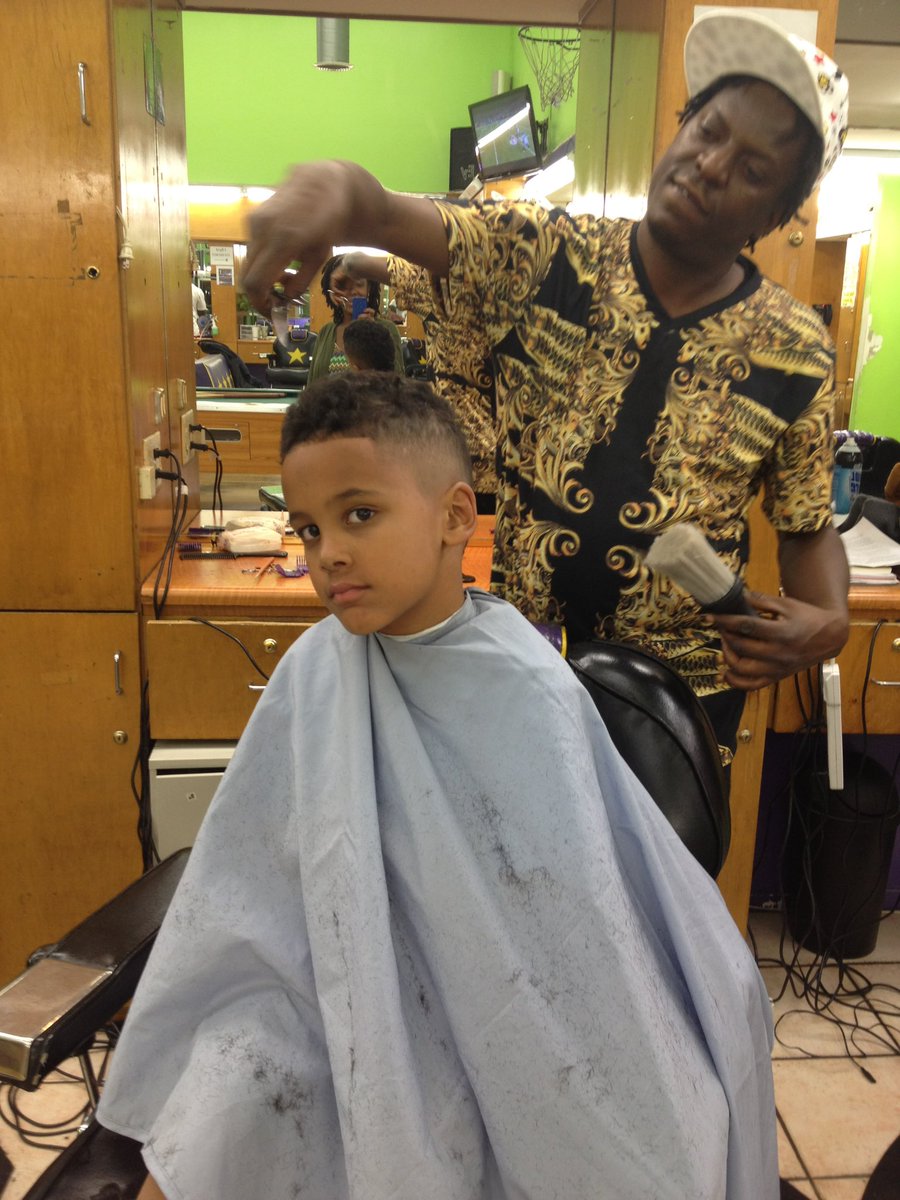
Recently, I held a Spaces discussion on parenting without violence (beating, hitting, spanking or whatever you call using pain+fear to shape children's behavior). 200+ participants attended, many shared tips. A thread with those ideas, plus info for an upcoming online workshop.
1st biggest tip from parents who raise kids without violence is GET SUPPORT. We take classes to gain skills for work, we get counseling to prepare for marriage or for help in the relationship. Parent-child relationships need work too. Take classes to learn effective parenting.
2nd biggest tip from those who parent without violence is if you began parenting with violence, you can stop. You can change. You can to do better. Others stopped with the same child or subsequent children. They all sought support to change and forgiveness for harming their kids.
Take hitting off the table completely. If you never hit your children, and the worst possible consequence for misbehavior they can expect is timeout, grounding, losing privileges, etc. their concept of "punishment" adjusts to that. Their sense of safety in your care adjusts too.
Before you speak in anger to your child, breathe, lower your voice, de-escalate. Observe the emotion you're experiencing at that moment. It's usually fear (for their safety, wellbeing, etc.). Kneel/get to their level, make eye contact, touch, hug, try to connect.
Words stick. Words wound. Words matter.
Simply because you don't hit your children, doesn't mean you don't harm them. Yelling and screaming also cause fear, anxiety, and lasting damage. Parenting without violence also means parenting without verbal and emotional abuse.
Simply because you don't hit your children, doesn't mean you don't harm them. Yelling and screaming also cause fear, anxiety, and lasting damage. Parenting without violence also means parenting without verbal and emotional abuse.
Teach a child who hits about good/bad touch. Don't hit back to show it hurts. Say "I don't like that" or "That's a bad touch" Hurtful touch is bad touch, like touch that feels good but in a private/bathing suit area. Teach kids to tell others (including you) "I don't like that."
We always focus on children's very important need to respect their parents, but we don't talk enough about how parents also need to show respect for children, their sovereignty, their bodies, their dignity as human beings. Their dependence on us doesn't take away all that.
When we talk about respect, we understand that respect is not compliance. Respect doesn't mean a child cannot ever question or ask for reconsideration. Children can respect parents and still be able to discuss and negotiate with them. We teach them words like "How about we..."
We also model for children behaviors that show the respect we expect from them. When we hurt a child's feelings, say or do something wrong, or make a mistake, we apologize. Those of us whose parents never said sorry (and instead just gave us food) work extra hard at this one.
Those who parent without violence actively think about what we do, and we talk to others about it. Especially those of us who were raised with violence, we actively consider our choices in maintaining self-control, practicing and modeling effective anger management for our kids.
Those who parent without violence take timeouts ourselves, because if we want children to learn not to hit others, we can't hit them. We model for children how to control themselves and communicate when angry, frustrated, disappointed. We ask kids "Do you need to take some time?"
We model understanding our own emotions. Are we afraid? Are we anxious? Are we frustrated? Are we in pain? Children act out when they're also uncomfortable, frustrated, anxious, feeling unsafe, insecure. We use patience, communication to find what's driving negative behavior.
Those who parent without violence seek reassurance of ourselves and how we're parenting. Reading parenting books helps us a lot, along with joining online groups of like-minded individuals and discussing our challenges and triumphs with others who parent the same.
A big part of parenting without violence is teaching children about boundaries and consent. We show and explicitly tell children that no one has the right to touch them without permission, and nobody has the right to be violent towards them. Nobody. Not even us, their parents.
We think more about building and reinforcing positive behaviors than what kind of punishment will be a "deterrent" against negative ones. We think of how kids can reason toward good based on empathy, understanding, not react based on fear and seeking to avoid pain and violence.
We can never get tired of redirecting, redirecting, and redirecting again. Especially children who are too young to fully understand when you talk or whose memory hasn't yet developed enough to always remember instructions. They need constant, close supervision and redirection.
We also remember the parenting a lot of us do in isolation is not normal or healthy. Our ancestors didn't parent alone or even in nuclear families. They had extended family and communities to provide children with adequate supervision and caregivers with relief. Find a "village."
We try and monitor our loneliness, seek relief, and not make our children our only emotional support. We move toward collaboration with children, not compulsion. We understand reacting and responding are different things. We seek therapy and skills to "re-parent" ourselves.
Again, most importantly, **GET SUPPORT** to learn how to parent without violence (hitting, spanking, beating, etc.) Take parenting classes, get counseling. And you can start with @UntangleTGTHR's **FREE** online workshop this Saturday Nov 20 run by behavioral therapist @Gbemisoke
• • •
Missing some Tweet in this thread? You can try to
force a refresh









